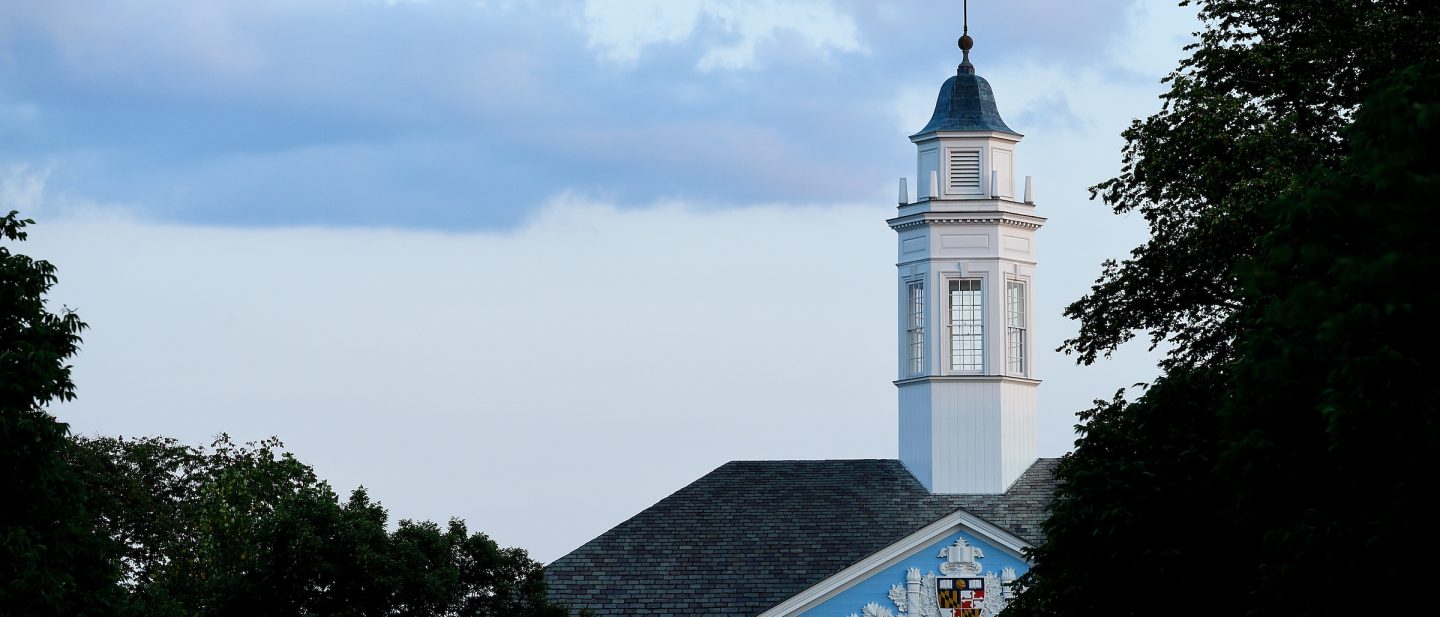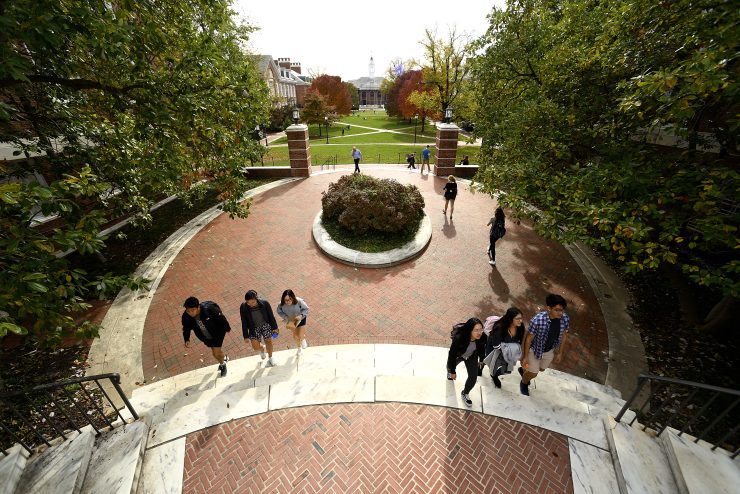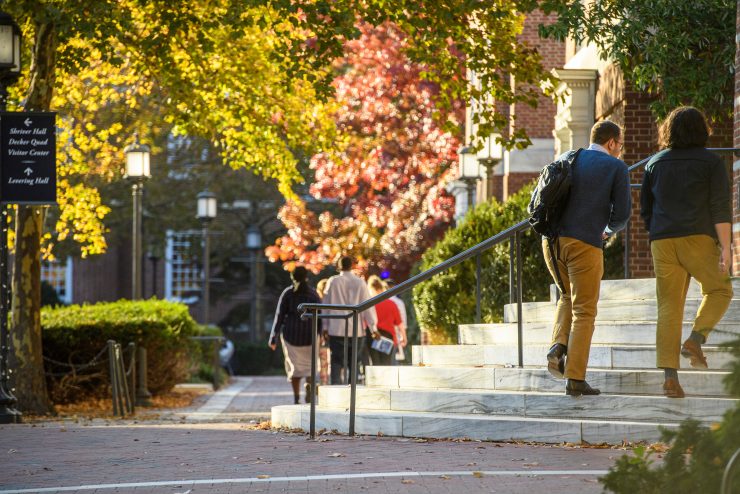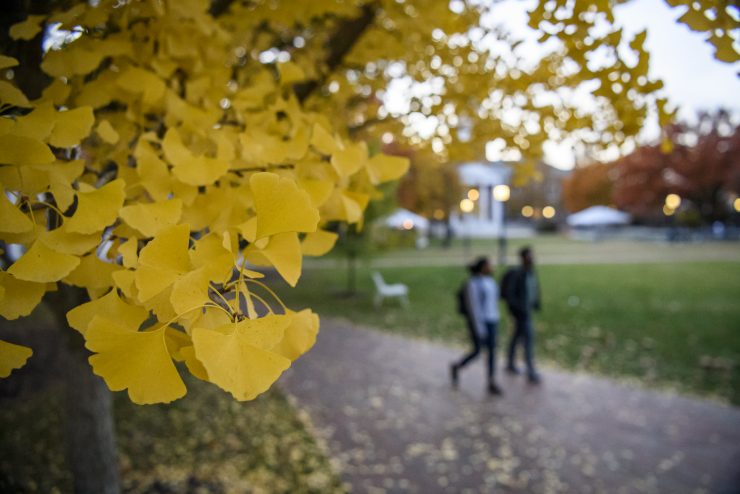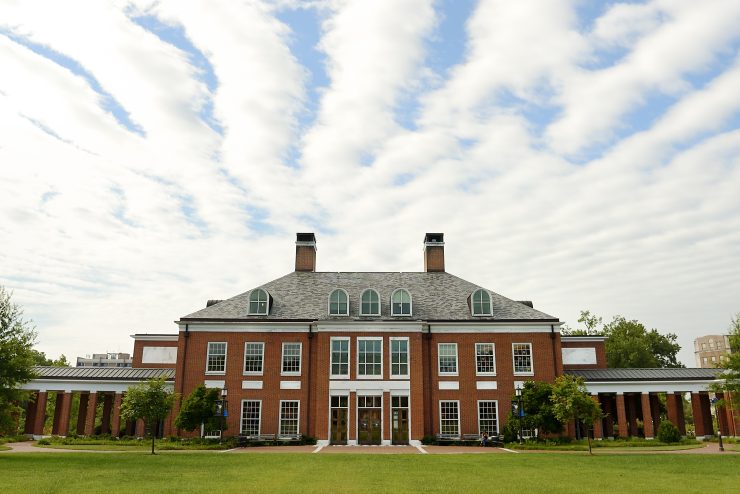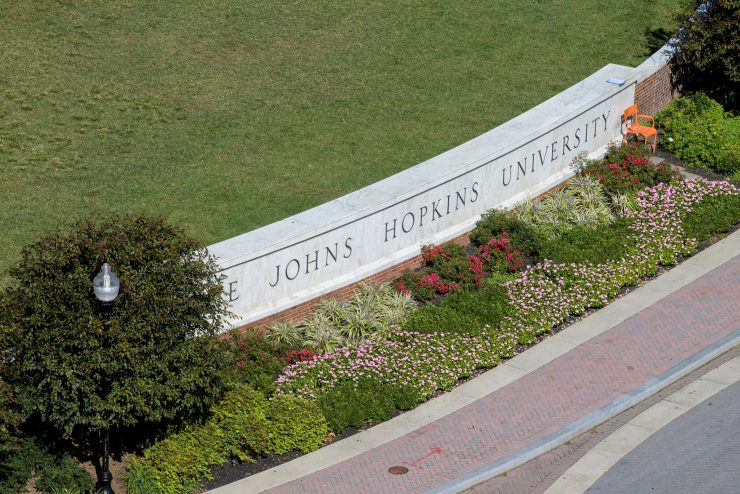History & Structure
Johns Hopkins University has a rich history of sustainability that spans decades. Rachel Carson, one of the pioneers of the modern environmental movement, conducted her graduate training in zoology and genetics at Johns Hopkins in the 1920s and 1930s. Abel Wolman, a public health visionary for safe drinking water, spent the majority of his nearly eight-decade career at Johns Hopkins. In campus operations, the university’s recycling department was created in the 1980s, well before most other universities had such dedicated resources. In the year 2000, Johns Hopkins hosted a “Greening of the Campus” conference, one of the first of its kind in the nation (and several years before AASHE was established). This legacy provides us with a strong foundation to build upon and further sustainability at JHU.
Office of Climate & Sustainability
The JHU Office of Climate & Sustainability, located in the department of Johns Hopkins Facilities and Real Estate, has been advancing a culture of sustainability across all schools and divisions since 2006.
Sustainability Leadership Council
Reporting to the Provost, the Sustainability Leadership Council (SLC) unites JHU community members to address sustainability initiatives spanning operations, academics, research, engagement, and environmental justice.
Climate Action & Sustainability Plan
A new university-wide Sustainability Plan will leverage JHU's unique multidisciplinary expertise to create an ambitious and holistic vision for a sustainable future.
Resources & Reports
Learn about the history of JHU's sustainability efforts through our past reports and action plans.
Affiliations
As a leader in higher education committed to advancing sustainability, Johns Hopkins University is a signatory or member of the following organizations and public commitments.
